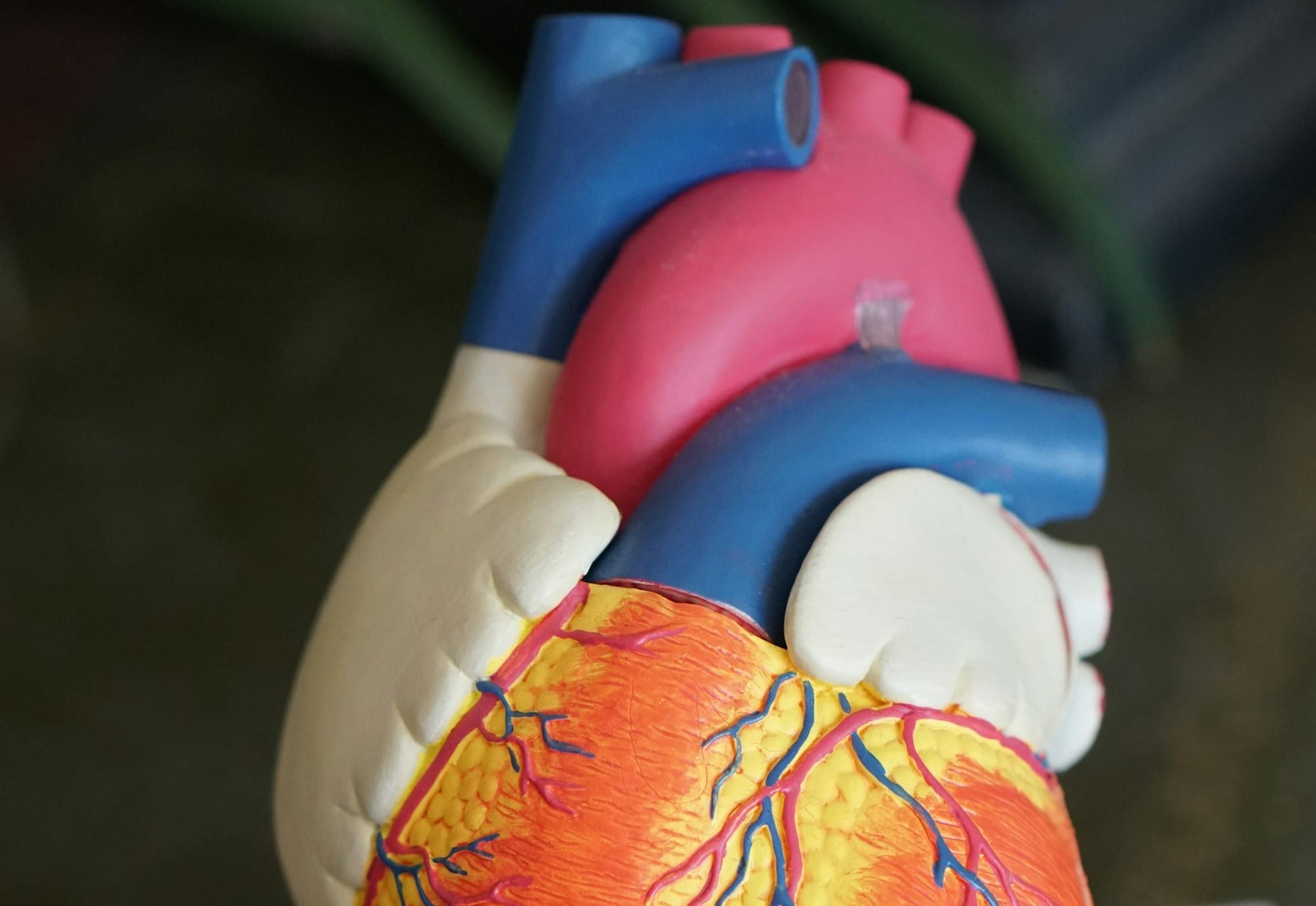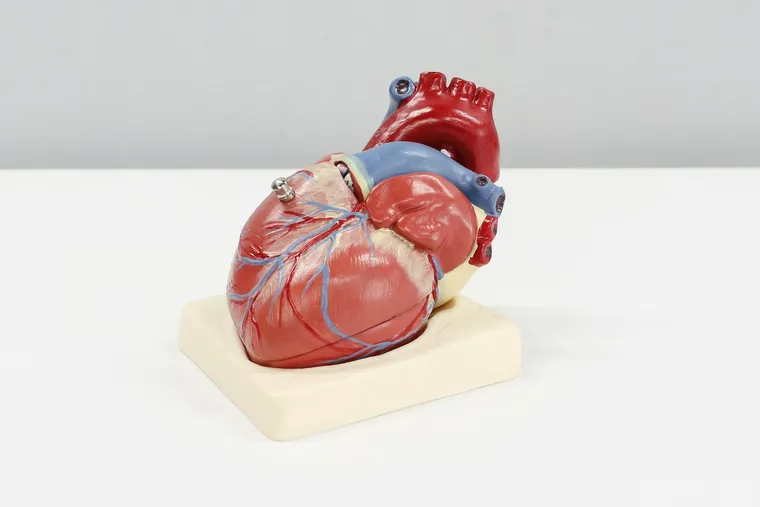Explore the essentials of heart disease and failure, including how to recognize symptoms and the pivotal role of lifestyle in managing these conditions. Empower yourself with knowledge to enhance heart health and wellbeing.
Common Symptoms of Heart Failure
Heart failure manifests through a variety of symptoms that alert you to changes in your heart’s functioning. You might notice shortness of breath that makes even simple tasks like climbing stairs challenging. Fatigue is common, leaving you feeling unusually tired with little exertion. Swelling in your legs, ankles, or feet (edema) may also occur as fluid builds up in your tissues.
More severe symptoms can include a rapid or irregular heartbeat, persistent cough or wheezing, and a significant decrease in your ability to exercise or partake in daily activities. If you find yourself experiencing dizziness, confusion, or trouble concentrating, these too can be indicators of heart failure. It's crucial to pay attention to sudden weight gain, loss of appetite, or increased need to urinate at night, as these signs often accompany fluid retention in your body.

What Leads to Heart Disease?
Understanding what leads to heart disease can help you take proactive measures to protect your heart. Several factors contribute to the development of heart disease, including lifestyle choices, genetic predispositions, and other health conditions. Common culprits include unhealthy diets rich in saturated fats and trans fats, lack of physical activity, and smoking. These habits can cause plaque buildup in the arteries, leading to a condition known as atherosclerosis, which restricts blood flow and increases the risk of heart attacks and strokes.
Genetics also play a significant role, meaning if your family has a history of heart disease, your risk is higher. Other health conditions like high blood pressure, diabetes, and high cholesterol can exacerbate the likelihood of developing heart disease. Chronic stress and excessive alcohol consumption further strain your heart. By understanding these risk factors and making healthier choices, such as eating a balanced diet, engaging in regular exercise, and avoiding tobacco and excessive alcohol, you can significantly reduce your risk of heart disease.
Heart Disease Prevention Tips for All Ages
Prevention is key when it comes to maintaining a healthy heart at any age. A balanced diet rich in fruits, vegetables, high fiber foods, and low in salt, cholesterol, and trans fats can significantly reduce your risk of heart disease. Regular physical activity doesn't just help in weight management but also strengthens your heart and improves blood circulation. For adults, moderating alcohol intake and eliminating tobacco use are crucial steps in preventing heart damage. Starting these habits young can lead to lifelong benefits and a reduced risk of developing heart-related issues.
Managing existing health conditions is another essential aspect of prevention. Conditions like high blood pressure, diabetes, and thyroid diseases need to be closely monitored and treated to avoid additional strain on the heart. Regular check-ups with your healthcare provider can catch potential problems early. Beyond medical management, simple lifestyle adjustments such as reducing stress through mindfulness or engaging in hobbies you enjoy can make a significant difference. By taking these comprehensive steps, you can protect your heart and enhance your overall well-being.
Innovative Research and Advances in Heart Disease Treatment
Medical science is pushing the boundaries with breakthroughs in heart disease treatment. Gene editing technology like CRISPR is opening new avenues for correcting genetic defects that lead to heart disease. Researchers are examining the potential of stem cell therapy to regenerate damaged heart tissues. Advances in imaging techniques provide precise diagnostics, enabling earlier and more accurate interventions. Additionally, wearable health technology, from smartwatches to advanced medical devices, allows continuous monitoring of heart health, empowering individuals and healthcare providers to detect anomalies before they escalate into serious conditions.
On the pharmacological front, new medications are constantly being developed and refined. SGLT2 inhibitors, initially used to manage diabetes, have shown significant promise in reducing the risk of heart failure. Clinicians are also integrating artificial intelligence to predict heart disease progression and tailor treatment plans uniquely suited to each patient. Personalized medicine is becoming the cornerstone of heart disease therapy, where genetic information helps to customize treatment. These advances, while science fiction a few years ago, are shaping a future where heart disease is more manageable and lives are significantly improved.

